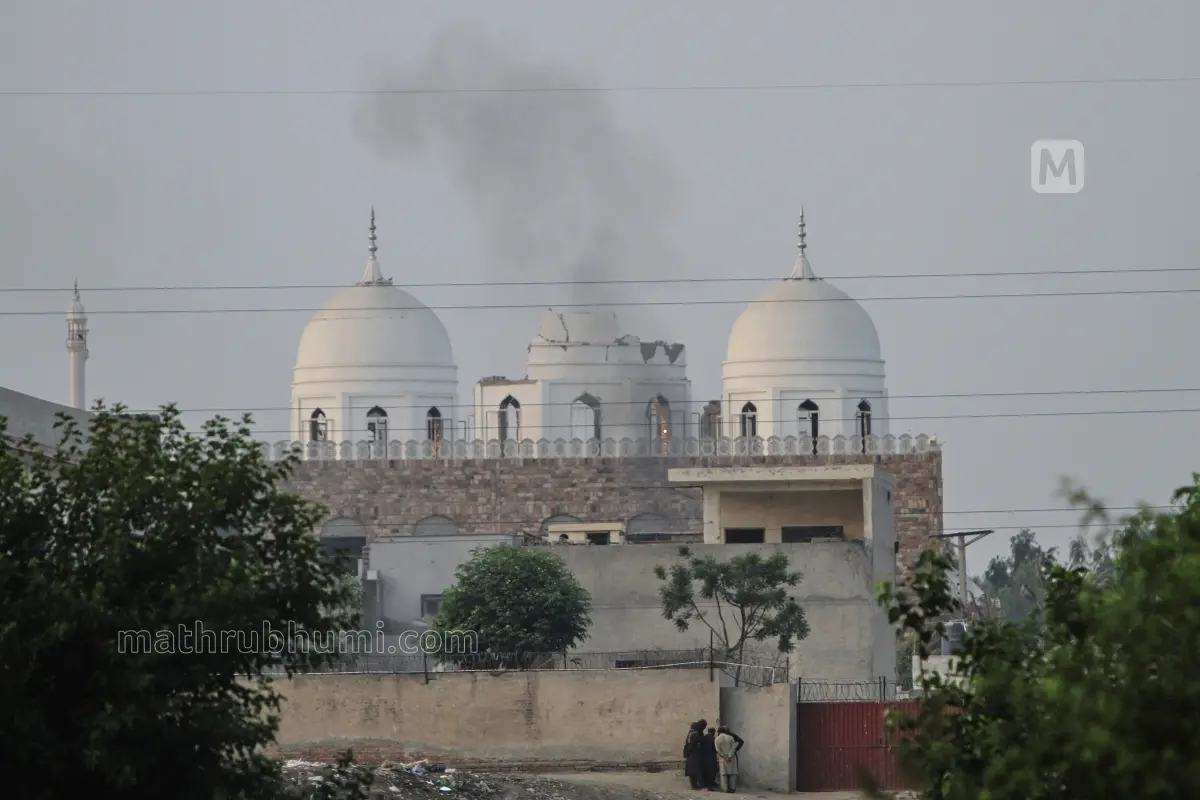New Delhi – India today highlighted the significant connection between the Jaish-e-Mohammed (JeM) terrorist group, whose headquarters in Bahawalpur, Pakistan, was targeted in a recent Indian strike, and the 2002 murder of Wall Street Journal journalist Daniel Pearl. The Ministry of External Affairs (MEA) drew a direct link between the proscribed terrorist organization and the tragic incident.
During a briefing that provided details on India’s response to recent Pakistani aggression, the MEA spokesperson confirmed that Bahawalpur serves as the headquarters of the JeM, a terrorist group that is proscribed by the United Nations. The spokesperson also noted that the leader of JeM, Maulana Masood Azhar, is a prescribed individual under UN sanctions.
Responding to a question about the connection between the strike on Bahawalpur and the murder of Daniel Pearl, the spokesperson stated, “you’re right, Bahawalpur is the headquarters of the Jes Mohammed terrorist group that is prescribed by the United Nations.” He then elaborated on the link to Daniel Pearl’s tragic death.
The spokesperson confirmed that the “Jes Mohammed was in some way directly or indirectly responsible for the death of Daniel Pearl.” While acknowledging the group’s involvement, the MEA spokesperson pointed to a specific individual as the key connector to the murder: Ahmed Omar Saeed Sheikh.
Ahmed Omar Saeed Sheikh is described as a British Pakistani jihadi who was previously held in India but was released in 2000. According to the MEA, it was Ahmed Omar Saeed Sheikh who “lured Daniel Pearl to his eventually leading to his murder.”
The spokesperson emphasized that these are “obviously connected figures, connected individuals, connected institutions.” The terrorist group, its leadership, and individuals associated with them are intertwined in a network that includes responsibility for heinous acts like the murder of Daniel Pearl.
In this context, the MEA characterized India’s attack on the JeM facility in Bahawalpur as a “fitting part of this unfortunate incident.” This statement suggests that targeting the headquarters of a terrorist group directly linked to the murder of a journalist is a justified action in the broader context of counter-terrorism efforts.
The strike on Bahawalpur was part of India’s response to the Pahalgam terrorist attack and the subsequent unprovoked aggression by Pakistan. India has maintained that its actions, such as ‘Operation Sindoor’ on May 7th, were targeted measures against terrorist infrastructure and not aimed at civilians or military installations in a general sense.
By drawing a clear link between the targeted facility in Bahawalpur and the Daniel Pearl murder, India is underscoring the nature of the entities it is targeting – those involved in terrorism with a history of violence and international crimes. The MEA’s detailed briefing, including insights from Colonel Qureshi and Wing Commander Singh on the operational aspects of the recent events, aimed to provide a comprehensive picture of the security threats and India’s calibrated responses.









No Comment! Be the first one.